History of Science, Philosophy and Culture in Indian Civilization: Life, Thought and Culture in India (A.D. 300-1100): Purvamimamsa from an Interdisciplinary Point of View (Volume II, Part 6)
The volumes of the Project on the History of Science, Philosophy and Culture in Indian Civilization aims at discovering the main aspects of India's heritage and present them in an interrelated way. These volumes, in spite of their unitary look, recognize the difference between the areas of material civilization and those of ideational culture. The project is not being executed by a single group of thinkers who are methodologically uniform or ideologically identical in their commitments. In fact, contributions are made by different scholars with different ideological persuasions and methodological approaches. The project is marked by what may be called 'methodological pluralism'. In spite of its primarily historical character, this project, both in its conceptualization and execution, has been shaped by scholars drawn from different disciplines. It is for the first time that an endeavour of such a unique and comprehensive character has been undertaken to study critically a major world civilization like India.
Purvamimamsa is one of the six systems of Indian philosophy and a very ancient one. The Jaimini Sutras consisting of 2700 sutras arranged in 12 chapters are the primary source of Purvamimamsa. It is developed into two schools, Bhatta school initiated by Kumarila Bhatta and Prabhakara. Mimamsa has made rich contribution to the areas of epistemology, linguistics and programme organization. The concept of the intrinsic validity of cognition including the impersonal nature of the Veda and acceptance of the cognition of certain entities such as ethical values beyond the empirical means of cognition, are its contribution to epistemology. Considering the language as autonomous at word, sentence and discourse levels and developing a distinct hermeneutics to interpret to the Vedic passages and developing the rules of interpretation, are its contribution to linguistics. Developing detailed guidelines for organizing the ritual programme is, however, its most important contribution. The rules of interpretation evolved by Purvamimamsa for the purpose of interpreting Vedic passages are so fundamental and universal that these can be applied to interpret any other scripture. These are utilized by other Indian philosophical systems, Dharmasastras and ancient Indian judicial system. Maxwells' rules of interpretation closely resemble Purvamimasa rules. The guidelines laid down for ritual organization are also very systematic and could be applied to any other programme organization. These aspects of Purvamimasa are highlighted in this volume.
Get it now and save 10%
BECOME A MEMBER
-
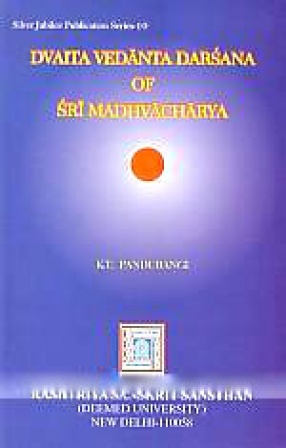
Dvaita Vedanta Darsana of Sri Madhvacharya
-
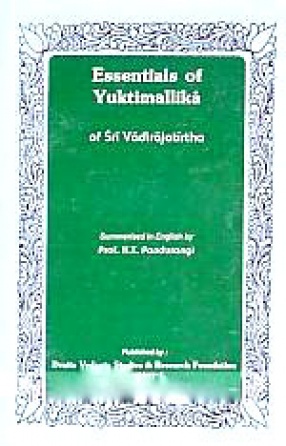
Essentials of Yuktimallika of Sri Vadirajatirtha
-
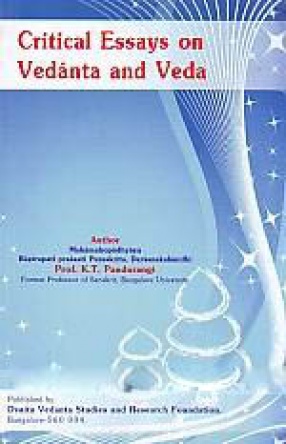
Critical Essays On Vedanta and Veda
-
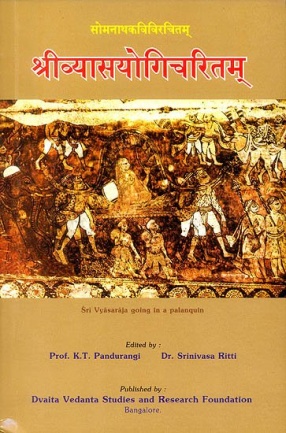
The Life of Sri Vyasaraja: A Champu Kavya in Sanskrit
-
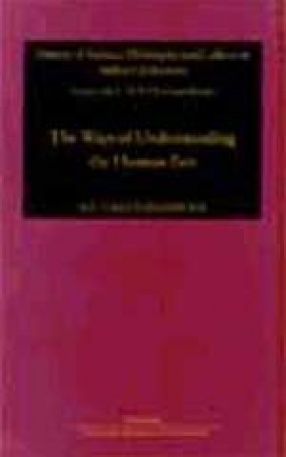
Ways of Understanding the Human Past : Mythic, Epic, Scientific and Historic
-
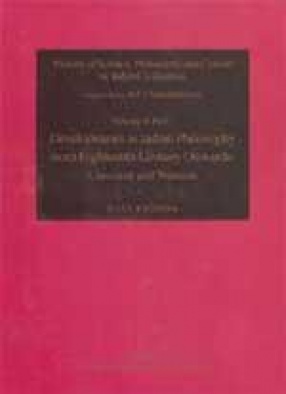
History of Science, Philosophy and Culture in Indian Civilization: Developments in Indian Philosophy from Eighteenth Century Onwards: Classical and Western (Volume X, Part I)
-
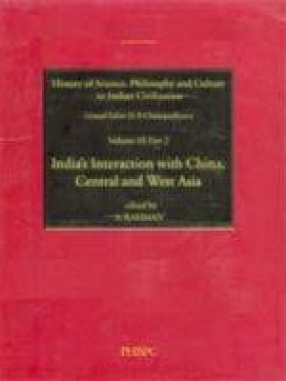
History of Science, Philosophy and Culture in Indian Civilization: Interaction with China, Central and West Asia (Volume III, Part II)
-
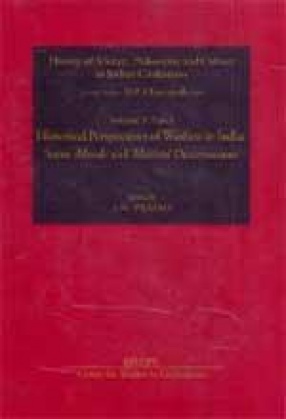
History of Science, Philosophy and Culture in Indian Civilization: Historical Perspectives of Warfare in India: Some Morale and Material (Volume X, Part III)

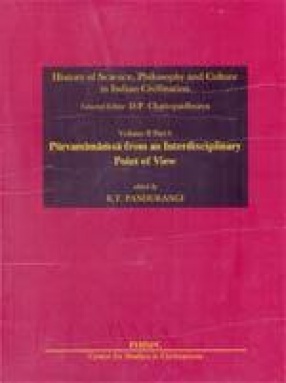
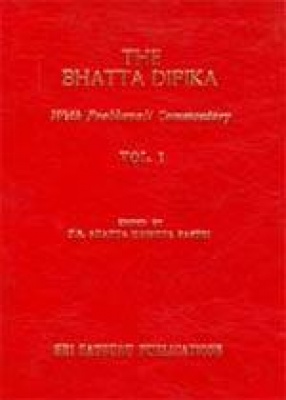

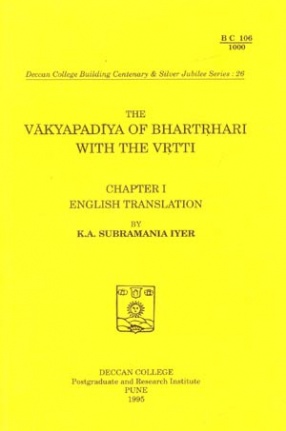
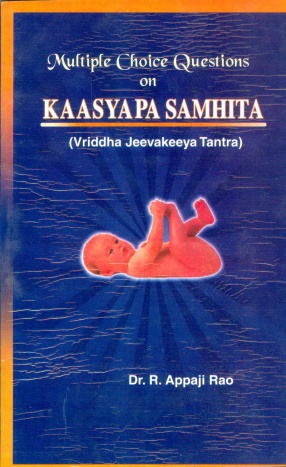

Bibliographic information
D.P. Chattopadhyaya